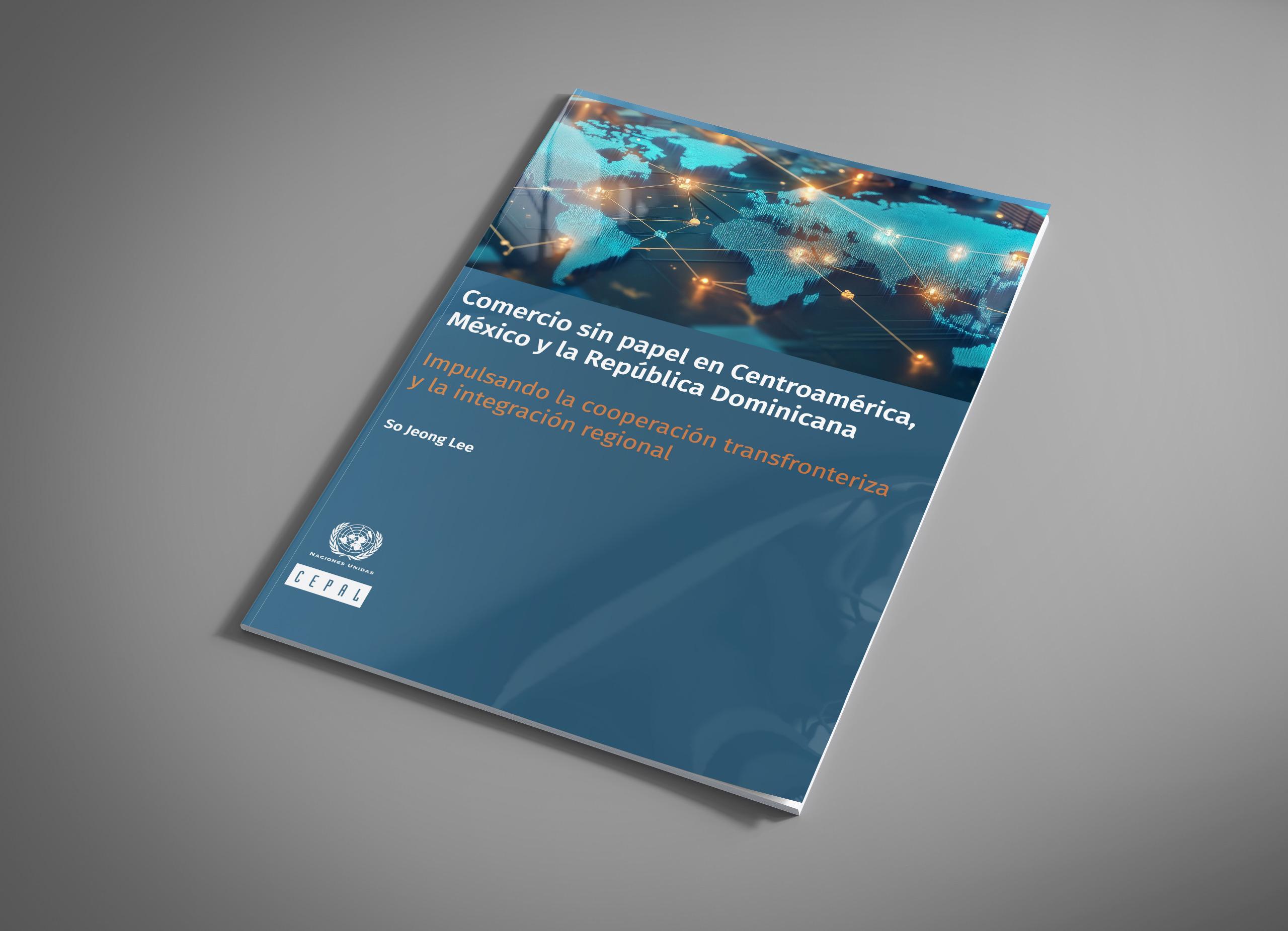ECLAC promotes paperless trade in Central America, Mexico, and the Dominican Republic
Work area(s)
Topic(s)
Regional coordination and technological interoperability are key to advancing paperless and cross-border paperless trade, and to strengthening integration in Central America, Mexico, and the Dominican Republic

September 25, 2025.- The Economic Commission for Latin America and the Caribbean (ECLAC) presented an analysis of progress in paperless and cross-border paperless trade agendas in Central America, Mexico, and the Dominican Republic. The study reviews the main advances and challenges in implementing policies considered essential to reducing costs, streamlining procedures, and fostering regional integration.
The document Paperless trade in Central America, Mexico, and the Dominican Republic: promoting cross-border cooperation and regional integration underscores that, although several countries have developed legal and institutional frameworks aligned with international standards, significant challenges remain. These include gaps between policy design and implementation, uneven progress within the countries analysed, and disparities in cross-border coordination.
In practice, these challenges manifest in several areas. Not all documentation processes are accepted in digital format; while some agencies and processes have made notable progress in digitization and automation, others still rely on traditional, manual systems, generating internal inconsistencies. Moreover, interoperability between national systems is still limited: electronic certificates and documents are not always uniformly recognized at borders, and regional coordination to facilitate cross-border paperless trade is still incipient, delaying operations and increasing costs for stakeholders.
To address these challenges, the study stresses the importance of strengthening the TOPP (technical, operational, policy, and prospective) capacities of the public institutions responsible for trade facilitation. This includes improving digital infrastructure, harmonizing customs processes, consolidating national and regional coordination, actively engaging the private sector, and anticipating technological and regulatory changes.
The report concludes that progress toward effective paperless and cross-border paperless trade depends not only on modern laws and regulations but also on their effective implementation, technological interoperability, and strong regional coordination. ECLAC calls on governments to work together to accelerate the digital transition, promote interoperability in trade processes, and boost competitiveness and sustainable development in Central America, Mexico, and the Dominican Republic.
Related content
Subregional headquarter(s) and office(s)
Country(ies)
-
Mexico
- Central America